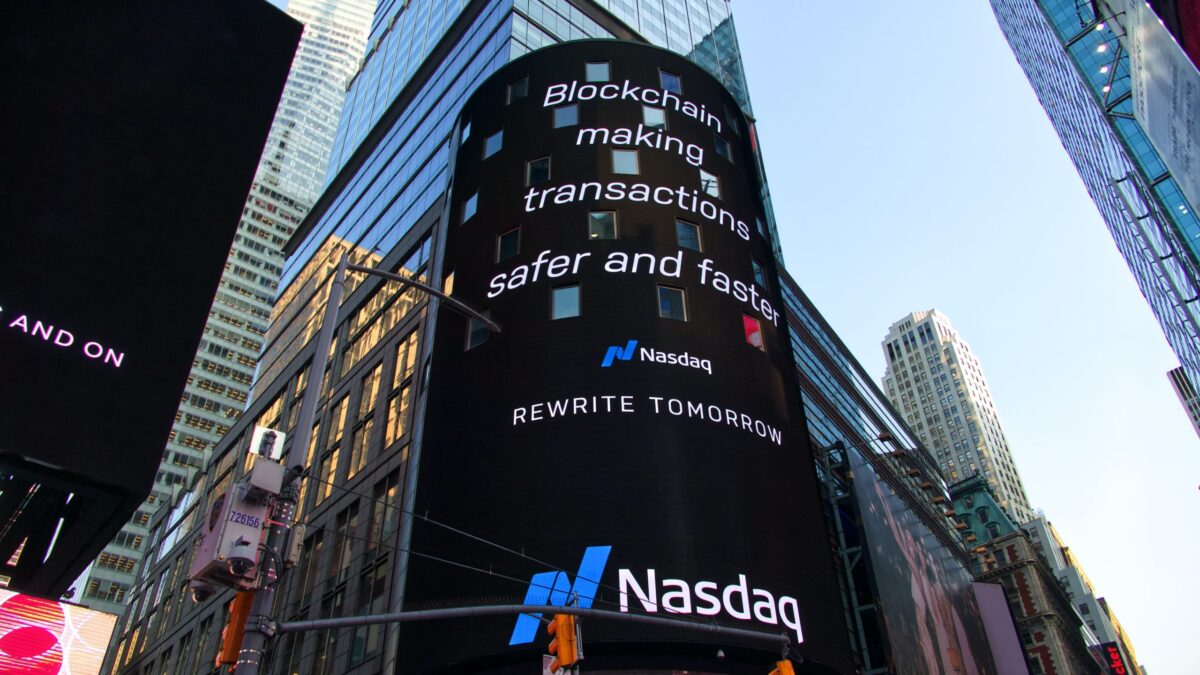

That might seem like an odd question to pose, but I have run into one too many B2B clients lately who have convinced themselves over the years that marketing is just a waste of money. Often, these executives cut their teeth in the 1980s and 1990s when B2B Marketing was truly not terribly important. No B2B companies had CMOs back then because there was nothing C-level about the job. It doesn’t take a high executive to decide what the brochure should say that we bring to our booth at the trade show. And that’s all that B2B marketing was.
Fast forward to today. Those same executives that grew up in the era of unimportant B2B marketing have not realized that times have changed. Digital marketing has made B2B marketing expenditures hugely important. Prospects don’t even have you on the list if they can’t find you. And even if you were referred to them, they check out your website before they even call.
But I have run into a spate of B2B execs over the last few weeks that look me in the eye and say, “Yeah, well. I just don’t believe that more marketing will bring us any more sales.” Folks, that is a religious statement. Nobody is asking you to believe. We’re asking you to experiment. We’re asking you to give it a try. Make a bet. See what happens. We’re asking you to treat marketing the same way you treat every other decision. You don’t invest in new products because you believe in them. You know that most of them will fail. You invest in them because you know you have no choice because you won’t find the ones that work if you don’t invest in all of them. That’s business, not religion.
The problem is that you can’t teach anyone something that they think they already know. And if you take the attitude that you already know that marketing is a waste of money, then you can’t learn how digital marketing is a new way to play. So, you can stick to your religion and operate like it’s still the 1980s. Or you can recognize that the browser on your computer and the phone in your pocket and the iPad by your bed are the new way to reach your audience in an efficient and effective way, and if you are missing in action, they will just find your competitors.
You don’t need to believe in it. You just have to give it a chance to prove it to you. Just like you do with the rest of your business.




